Audrey Grimm is one of Sequoia’s original founders and Chief Executive Officer. Audrey has spent her career working in behavioral health. She has over 10 years of nursing experience, half of that working in inpatient psychiatric and detox facilities. She graduated as a Psychiatric Nurse Practitioner in 2023.
Methamphetamine or “meth” addiction is one of the most dangerous of all substance addictions. According to data from the 2017 National Survey on Drug Use and Health, approximately 1.6 million Americans reported using methamphetamine in the last year. Although the average age of first use is around 23, people as young as 12 suffer from symptoms of a methamphetamine use disorder leading to clinically significant impairments resulting from ongoing meth use. Fortunately, many of the warning signs of a methamphetamine use disorder are easy to spot, providing an increased opportunity to encourage a friend or loved one to seek potentially life-saving addiction treatment.
Methamphetamine use has more than quadrupled in the last decade. Methamphetamine, or meth, is a drug that acts on the dopamine pathway, best known for regulating feelings of pleasure. The drug triggers the release of high amounts of dopamine, which causes this substance to be extremely addictive.
The short length of the high paired with the “crash” or withdrawal symptoms of days to weeks cause rapid dependency and often result in users taking meth in many brief intervals, drawing the effects out for even up to several days. It is rare for a person to recover from a meth addiction without detox and rehabilitation assistance.
Other effects of meth are similar to stimulant drugs, increasing the activity of the autonomic nervous system to cause rapid breathing and heart rate, elevated temperature, restlessness, and a reduced desire for sleep or food. Methamphetamine is found in many forms, including crystal, powder, liquid, and even pill.
All types of meth are known to cause extreme and very noticeable symptoms over time. Cognitive difficulties such as confusion, paranoia, and memory loss are common, as are weight loss, insomnia, and violence, and meth is most recognizable for causing skin itching and sores as well as black and brittle teeth.
Many side effects are permanent due to the deterioration of the nervous system. Emotional and cognitive issues that may continue even when not used are language and learning difficulties, poor decision-making and memory, and lack of coordination due to the deterioration of nerve cells. Other common signs of methamphetamine addiction include:
There is also often a correlation between psychoactive drug use and the contraction of diseases like Hepatitis or HIV due to unprotected sex and shared paraphernalia without adequate cleaning procedures. There is evidence to suggest that methamphetamine use nearly triples the risk of developing Parkinson’s Disease, as well as that meth use compounds the degeneration of neurons if the user has a pre-existing neural condition such as HIV 2.
We Work With Most Major PPO & HMO Insurance Providers. We Now Are Accepting Medicaid for Outpatient Treatment. Within Medicaid, we only accept Well Point and Community Health Plan of Washington plans.
We Are An In-Network Provider For Kaiser And Lifewise Insurance Carriers.












Detox from methamphetamines is best done in a medically supervised Washington detox center due to the intensity of the withdrawal symptoms. The most acute phase of meth detox typically occurs between two to seven days, though lasting effects on the body’s physiology can cause symptoms for months or years.
In addition to changes in mood and behavior, meth use can also cause irreversible damage to vital body systems and blood vessels in the brain. This damage can increase your risk of stroke. Other long-term effects of regular, untreated methamphetamine addiction include respiratory issues, seizures, liver and kidney failure, sudden cardiac death, elevated risk of overdose, and death.
What your day looks like will be slightly different, but you can expect to get up early every day, have breakfast provided for you, and then have time set aside for calming activities like yoga or meditation, after which you participate in a combination of group and individual therapy sessions throughout the day most of which range between 45 minutes and 90 minutes in length.
If you participate in a residential program, you can expect:
If you participate in an outpatient program, you can expect a similar structure, but meals are typically not provided for you unless you have a full-time PHP, in which case you might have time set aside for lunch. There is also no specific wake-up time or lights-out time, but you do have to get to and from our facility for your designated services.
We understand how challenging it can be to know if and when you or your loved one needs help with addiction. By taking this quiz, you can get a quick assessment of some signs that may indicate whether or not you need to reach out for help.
The timeline for treatment is ongoing and possibly lifelong. Once the body has completed detox and overcome withdrawal, the focus is on the psychology of the patient and retraining the brain with positive cognitive associations and behavioral loops. An initial evaluation is conducted in order to determine a plan to stabilize and support the patient through detox and withdrawal and to keep them comfortable. The first two days of the withdrawal period are generally the most difficult physically.
Based on the level of dependency, long-term management strategies may include medications, extended rehab facilities, and therapies for both the mind and the body. There are several proven treatment models used in meth detox centers in Washington to help you recover from methamphetamine addiction.
Our team at Sequoia Recovery Centers will work with you to develop a treatment program using the therapeutic model or models that align most closely with your unique needs.
Detox helps you get over a physical dependence but it doesn’t address the psychological dependence. That is where the remainder of your treatment comes into play.
There are several levels of care that can help you understand things like:
In addition to detox, we offer residential inpatient, partial hospitalization, intensive outpatient, and outpatient programs. These incorporate varying levels of flexibility, comfort, and structure to provide support for the widest range of patients possible.
Residential treatment is the highest level of care with the most supervision. It’s the most intensive, generally lasting for a few months. For these you reside at our facility full-time for your treatment and receive all of your services and amenities on site.
PHP has the highest level of supervision and is the most demanding, with services offered full-time over the span of a couple of weeks. This type of program is shorter but more demanding and is better suited for people who have a few weeks they can take off at a time with a strong and supportive living environment to which they can return after receiving services.
IOP is equally successful in many cases to a residential program for people who have slightly less severe addictions and have the strong social support and safe living environment they can return to during the span of their treatment.
Most programs last between 3 and 4 weeks and after you successfully complete your program you can step down to a traditional outpatient program but if you are still struggling you can step back up to a more intense PHP or residential program.

If you or someone you love is struggling with methamphetamine addiction, do not wait to seek help. We understand how to address all aspects of active addiction, including medical attention and therapeutic care. Get help for methamphetamine addiction through professional Spokane detox services at Sequoia Recovery Centers today.
